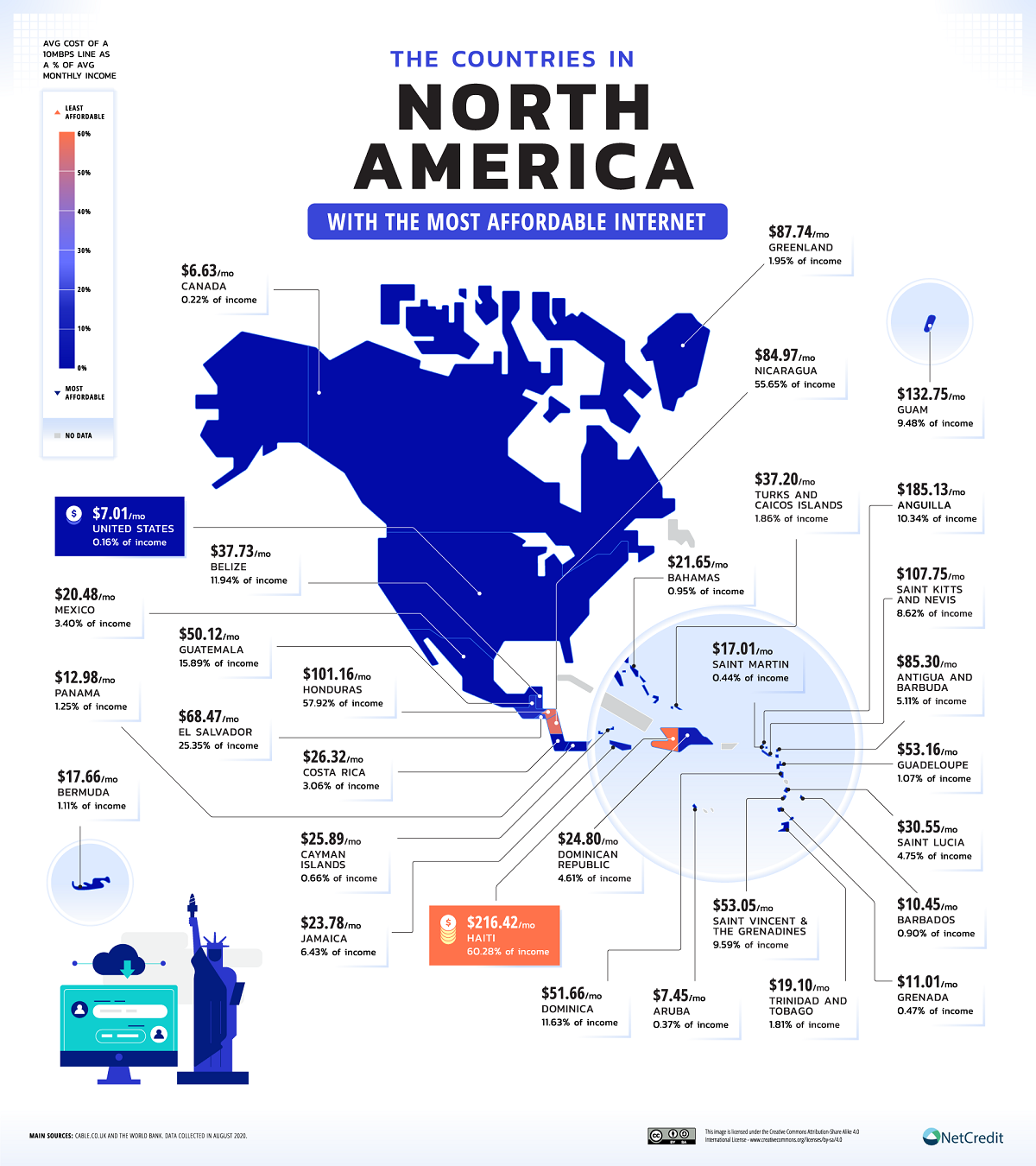Lorraine Kipling: Broadband Affordability Around the World Reflects a Global Digital Divide
More than half of the world’s population is online, but many people are still unable to access the resources and opportunities that the internet provides. Meaningful connectivity has wide-reaching benefits in terms of work, education, and communication. In 2016, the UN declared that the internet was
Broadband Breakfast

More than half of the world’s population is online, but many people are still unable to access the resources and opportunities that the internet provides.
Meaningful connectivity has wide-reaching benefits in terms of work, education, and communication. In 2016, the UN declared that the internet was so embedded into modern life, that it constitutes a human right. Good internet access can not only vastly improve quality of life on an individual level, but has a positive impact on global economic and society.
‘Good internet access’ requires access to devices, digital literacy support, and sufficient and affordable strong broadband supply. However, in many countries, the high cost of getting online is a significant barrier for people with low incomes.
According to the Alliance for Affordable Internet, even the commonly used target for an ‘affordable’ internet costing 5 percent or less than the average monthly income would still exclude a significant proportion of the population from accessing the internet. They suggest that a 2 percent target would be more affordable.
Information from NetCredit based on global broadband prices with World Bank data
A recent study by NetCredit collated information on global broadband prices with World Bank data on average salaries in different countries. This series of infographics shows the percentage of the average income people need to pay to get online, as well as how much it costs for a strong and reliable broadband connection of 10Mbps.
The results clearly show that there continues to be a strong digital divide between the rich and poor in many countries.

Just as the income gap varies greatly from country to country, so does the extent of the digital divide. Of the 174 countries the study obtained data on, only 44 had broadband access costing below the 2 percent ceiling of affordability, and 77 had access below 5 percent. In 63 countries the cost of the internet was more than 10 percent of the average income, and in 11 of those countries it costs more than 100 percent what the average person earns to get online.
The study shows that cost of broadband access is well below the ceiling of affordability in countries with relatively high average salaries, such as Saint Martin (0.63 percent of the $3,903.91 average salary), Israel (0.68 percent of $2,912.46), and Monaco (0.68 percent of $5,043.69). Countries with strong economies such as San Marino, Germany, and Luxembourg were also under 1 percent.
In Yemen, meanwhile, where civil war has contributed to one of the poorest and least-developed economies in the world, broadband access is out of the reach of all but a tiny minority of extremely wealthy people. While the average monthly income for a Yemeni person is just $88.33, a broadband internet package costs 2792.50 percent of that ($2,466.67), and a 10Mbps package is vastly more expensive than even that.
Many African nations where internet costs more than the average monthly income
From the data available, there were 10 other countries whose internet packages cost higher than 100 percent of the average monthly income. These countries are all in Africa, where the digital divide is significant across the continent.
In resource-poor countries Burundi and Mauritania, whose economies depend on subsistence farming and livestock and average salaries are as low as $60.50 and $17.68, respectively, the internet costs more than 1000 percent of those amounts.
Even in countries with strong economies and apparently ‘affordable’ internet, the poorest and most vulnerable people in society fall into the digital divide. In the US, where the internet costs 1.17 percent of the average salary, educators and experts are calling for greater equity in broadband access, arguing for connectivity to be treated as ‘a basic need within education.’
Global connectivity is now more critical than ever, and it is clear that better infrastructure and support is necessary to provide more equitable access to digital resources.
Lorraine Kipling is a freelance writer and editor from Manchester, UK. She writes for NeoMam Studios. This piece is exclusive to Broadband Breakfast.
Broadband Breakfast accepts commentary from informed observers of the broadband scene. Please send pieces to commentary@breakfast.media. The views expressed in Expert Opinion pieces do not necessarily reflect the views of Broadband Breakfast and Breakfast Media LLC.








